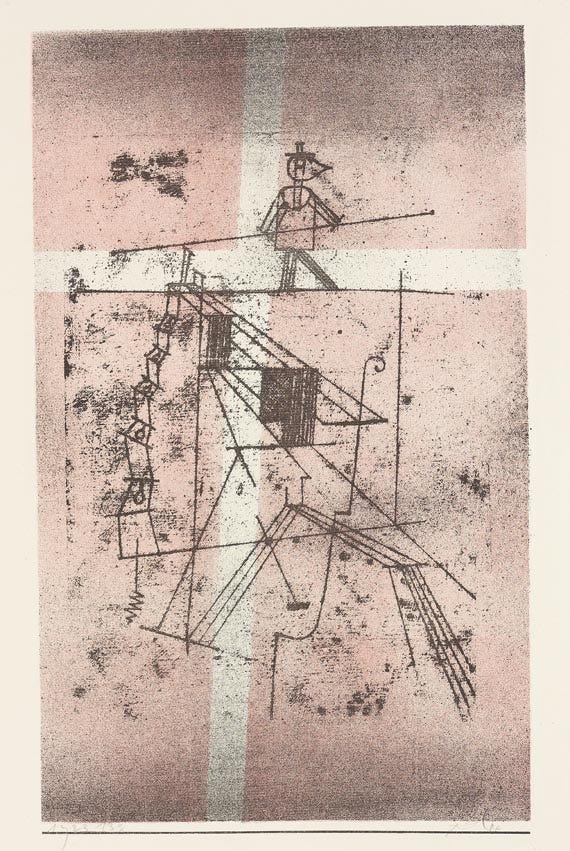Too afraid of strange loops?
When it comes to fundamental stability, German energy system regulators don't trust the market. Sooner or later as the Energiewende progresses Germany's "stability culture" may need to change.
“Deep understanding of causality sometimes requires the understanding of very large patterns and their abstract relationships and interactions, not just the understanding of microscopic objects interacting in microscopic time intervals.”
- Douglas R. Hofstadter, I Am a Strange Loop
The argument developed here is that questions around activation signals as insider information in the German energy markets arise because of the way the German market is designed, and that this design in turn reflects a certain “stability culture” which may need to evolve. I don’t claim “deep understanding” of causality in the energy markets, but I think it is worth thinking about how a specific debate like the one on activation signals relates to larger patterns, relationships and interactions.
German TSOs are worried about stability, as they should be. We may question, however, whether regulators and institutions are worrying in the right direction.
The fundamental question is where to find the balance between top-down regulation and self-regulation in a well-designed system with a tolerance for occasional errors. Or, to put it in very general terms, what is the right balance between order and chaos?

The question of where to find this balance connects energy market regulation with wider economic and cultural perspectives.
It strikes me that German energy market design may have inherited qualities from a more general economic culture with a preference for top-down directed stability mechanisms over bottom-up self-regulation.
According to a widely held view, Germans care more about price stability than anybody else in the world. The “ghost of Weimar” seems to have given rise to a general fear of debt (Schulden, the German word for debt, is related to guilt) and a peculiar German “stability culture.” As a related matter, Germans deeply adored their deutschmark and are still harboring similar feelings for its old-time guardian, the Bundesbank. So much so that this public love affair prompted Jacques Delors to proclaim that: “Not all Germans believe in God, but they all believe in the Bundesbank.”
Consider that in contrast to the Belgian and Dutch market frameworks, the German regulatory framework is intolerant as regards unplanned energy feed-in or take-out. The German rules essentially say: “Everything must be planned.”


